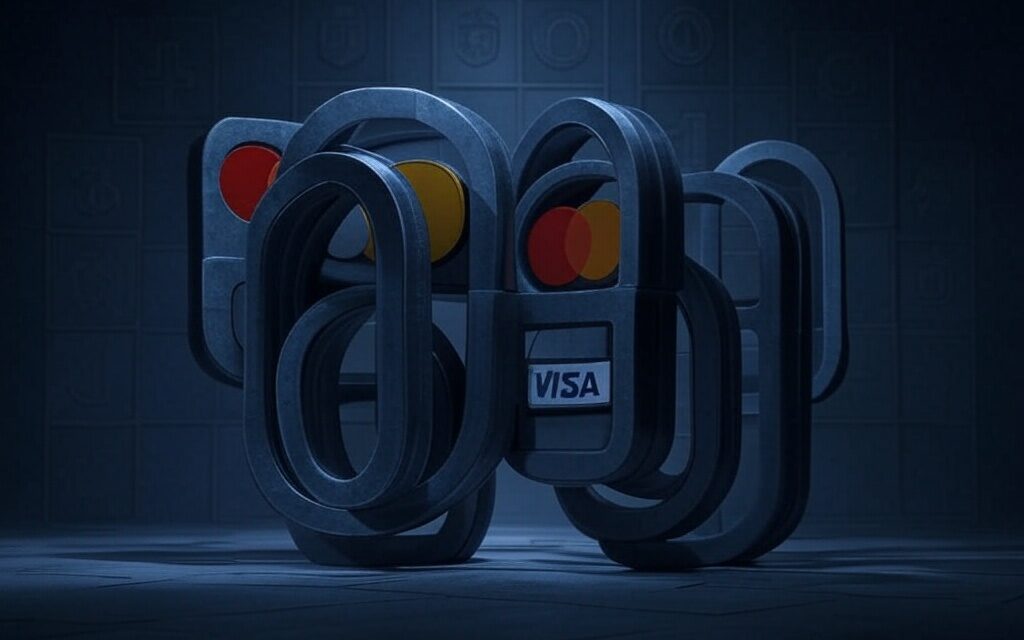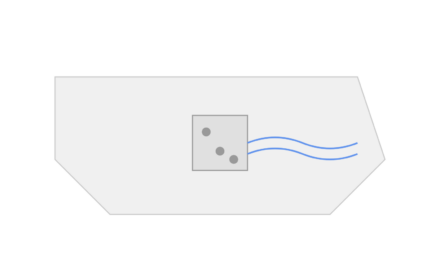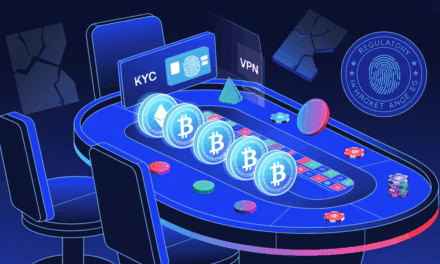A damning new investigation has exposed a persistent flaw in the iGaming ecosystem: Mastercard and Visa, titans of the payment industry, are still processing transactions for illegal gambling sites accused of defrauding UK customers. This comes despite a 2014 pledge to the Gambling Commission to block such payments—a promise that now rings hollow, casting a harsh spotlight on the payment giants’ oversight and raising critical questions for iGaming leaders about accountability in the payment chain.
Players Left High and Dry
The human cost is staggering. One UK player lost £60,000 to an unlicensed operator, while another saw just a fraction of their £70,000 in winnings returned before their account vanished into thin air. These rogue platforms—often shadowy outfits—lure users with big promises, only to trap them with impossible withdrawals, account deletions, and, in some cases, outright data theft. Yet, Mastercard powers payments on nine of these illicit sites, and Visa on two, exposing a glaring vulnerability that iGaming executives cannot ignore. For an industry striving for legitimacy, this is a wake-up call: the payment systems underpinning growth are also fueling fraud.
A £2.7 Billion Shadow Market
The UK’s illegal gambling sector is no small fry—it’s a £2.7 billion-a-year juggernaut, per the Betting & Gaming Council. The Gambling Commission has thrown everything at it: over 770 cease-and-desist orders and 100,000 URLs flagged to Google for takedown in just 11 months. But these efforts are being outpaced by the « phoenixing » tactic—where shuttered sites resurrect under new guises. For iGaming leaders, this resilience signals a stark reality: current regulatory tools are no match for the agility of bad actors, and the payment facilitators are failing to stem the tide.
Payment Giants on the Hot Seat
Mastercard and Visa aren’t just bystanders—they profit from every transaction these scams process. Their defense? They’re “investigating” and lean on partner banks to flag non-compliant operators. It’s a flimsy excuse that doesn’t hold water a decade after their commitment to regulators. For iGaming professionals, this isn’t just a PR headache—it’s a systemic risk. Payment providers are the lifeblood of online gaming, yet their apparent inability (or unwillingness) to filter out rogue operators undermines trust and exposes operators—legitimate or not—to reputational fallout. The critique is sharp: if these giants can’t clean up their act, should the industry push for alternatives?
Time for Tougher Action
This fiasco lays bare a critical challenge for iGaming leaders: policing illegal gambling isn’t just a regulator’s job—it’s an industry-wide imperative. The Gambling Commission’s efforts, while valiant, are a Band-Aid on a gaping wound. What’s needed is a seismic shift—tighter laws, yes, but also a hardline stance from payment providers and deeper collaboration across the ecosystem. Operators, regulators, and financial institutions must align to choke off the oxygen fueling these scams: the money.
—————————————–
For UK players, the stakes are personal—financial ruin and breached data. For iGaming executives, it’s strategic: a thriving black market erodes credibility and siphons revenue from legitimate channels. Mastercard and Visa’s role in this mess isn’t just a failure of compliance—it’s a betrayal of an industry striving to shed its Wild West image. Leaders must demand accountability, explore payment innovations, and double down on consumer protection. The clock’s ticking—how long can the sector afford to let its payment partners play both sides?





